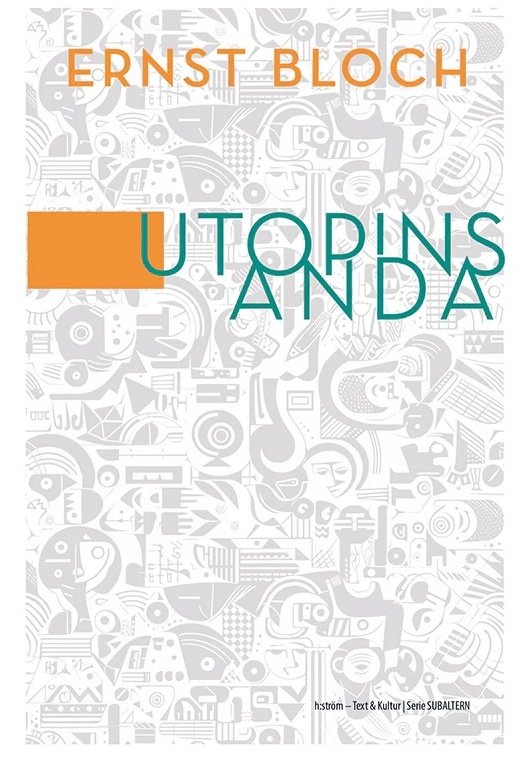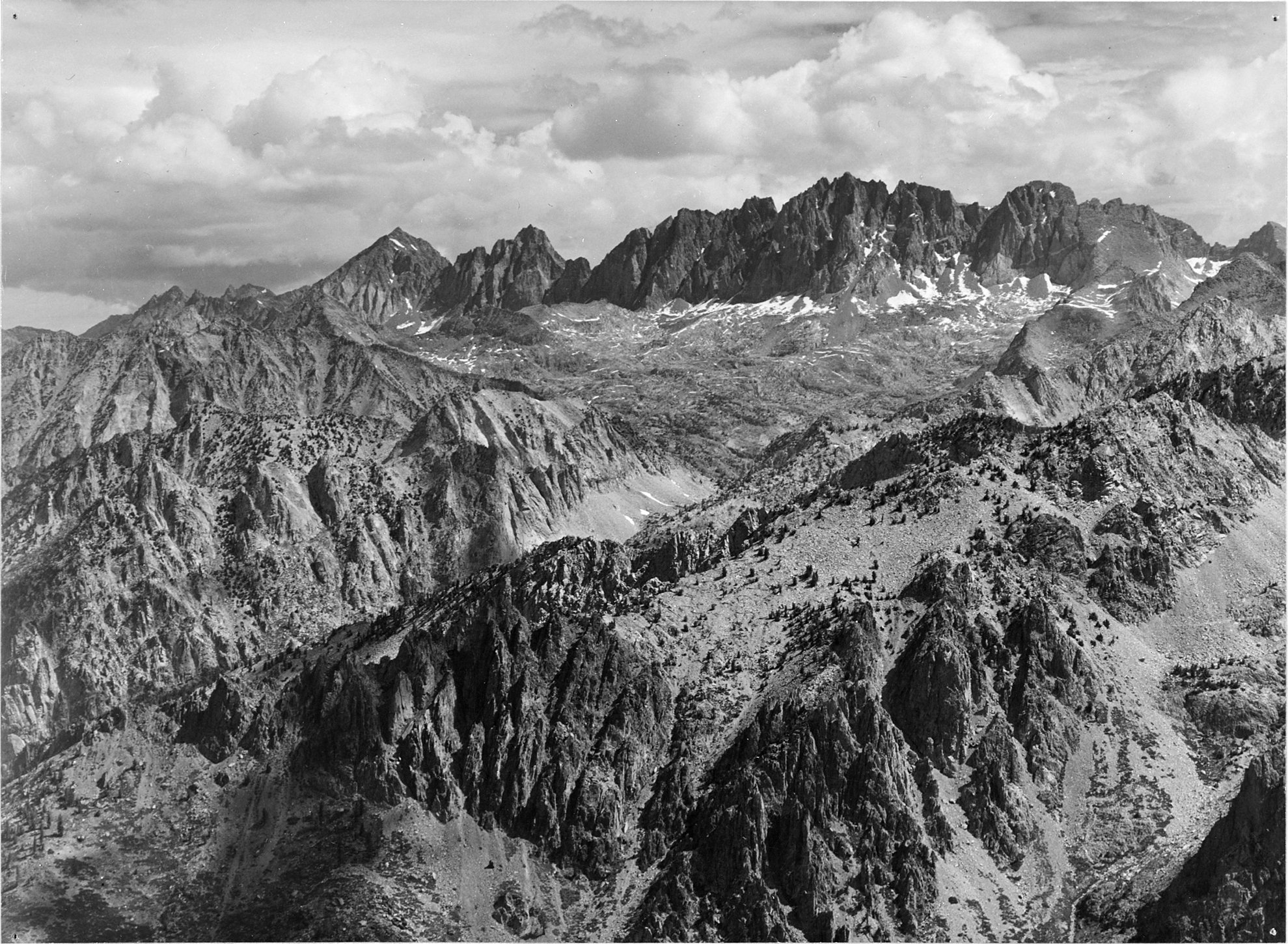Theologies of the coronavirus: A Catholic-Protestant showdown?
/It is no secret that, at this point, Spain is in the eye of the COVID-19 storm pandemic with cases soaring by the day. In recent weeks much ink has been spilled attempting to explain the different motives behind Pedro Sanchez’s administration’s mild response in the wake of the first cases in the country, which will have enormous geopolitical consequences for Spain in the years to come. Already, a Federal judge has requested for the 8-M Women’s March to be investigated, while in Parliament this week, Vox’s strongman, Santiago Abascal, recalled that his party warned about the threat of a potential Chinese pandemic as early as late January. Of course, to talk about geopolitics in Spain also entails an understanding of its theological tradition in the European context; more precisely, the contrasts between Catholicism and Protestant countries in Europe. This is a debate that traverses the entire development of Spain’s singular belated modernity.
But one should not go very far as to redraw an exhaustive history, which is not the point of this article. In his most recent column entitled “Why the workers, pymes, and freelance will be crushed in Spain", one of the most brilliant Spanish political analysts Esteban Hernández, opened the debate with a provocative piece that deserves attention in and beyond Spain. According to Hernández, one should look at the way in which countries like United Kingdom, the Netherlands, and the United States have been dealing with the crisis from an economic rationality that favors the optimization of the economy above “saving lives”. Although Hernández does not make it explicit, it is true that in these countries, the approach, for the most part, has been allocated in a “cost and benefit” paradigm; a rationality that American constitutionalist, Cass Sunstein, has called the ‘silent revolution of Liberalism’. For instance, President Donald J. Trump has tried to promise an expedited return to ‘work’ to avoid the expansion of the national deficit, whereas the governor of Texas, Dan Patrick, has been more bold: the solution is to be ready to sacrifice the elderly as to guarantee the “health of the economy of America First”.
What does that mean for Spain? For Hernández this entails that, if a sacrificial bar is placed high by Protestant countries, then Mediterranean countries should not be treated any different, and in the best scenario they will carry the burden of sovereign debt and a longwinded economic fiscal reduction imposed by Brussels and the hegemonic political forces of the Hanseatic League. At the geopolitical dimension, Hernández calls this a “capitalism of natural selection”; whereas preservation entails a hegemonic race to the bottom of economic competition where only the “fittest” will survive. Hernández concludes his piece by suggesting to the West to endorse an ideal of the “common good” that can counterattack the “economic integralism of political Calvinism”. But it is here, precisely in Hernández’s conclusion, where an economic showdown between Protestantism and Catholicism could take place in its proper economic theology. Let us sketch a few ideas about his suggestion.
Hernández’s thesis opens the question about the possibility of a non-Protestant economic design, and by extension, of a Catholic economy capable of organizing what Max Weber called the self-limitation of the deification through a new work ethic. As intellectual historian José Luis Villacañas has shown, all of Spanish modernity is marked by the possibility of erecting a ‘Hispanic economic system’ proper to a post-imperial anti-modern and corporativist backwards nation[i]. It was general Francisco Franco himself who, only after the Spanish Civil War, led a centralized passive revolution of the national economic system, which combined elements of the protestant ethic with symbolic flares of the Spanish Empire of the Habsburg monarchy. Ramiro Maeztu called for a “sensuous understanding” of money, and in this way ascertain the liturgical essence of Catholicism within the new logic of accumulation[ii]. In recent years, many proto-imperialist intellectuals on the right have looked at the ‘Salamanca School’, and in particular the writings of the Spanish Jesuit priest Juan de Mariana (1526-1624) to unearth an intellectual tradition of Early Modernity that combined Thomism with the early forms of money and corporativism as elements that could propel the anti-protestant global sentiments[iii]. As we know, a broader European debate, that is, the cleavage between Catholic South and the Protestant North is not a new story. Ever since Alexandre Kojéve wrote the famous memorandum “L’Empire Latin” (1945) to Charles De Gaulle, the geopolitical fantasy of a Mediterranean grand space has not ceased to return in intellectual debates[iv]. One must remember at least two elements of Kojéve’s proposal: first, an idiosyncratic one; mainly, that if the Latin countries wanted to participate in the global stage without falling into the tutelage of the USA and the Soviet competing models of development, they had to craft an economy based on their “idle life” proper to their communitarian traditions. Secondly, and perhaps more importantly, there was a theological assumption, which for Kojéve had to do with the concrete institutional presence of the Roman Catholic Church as the “center of energy” and jurisdiction (the roman ius) of this geopolitical configuration.
In recent years Italian philosopher Giorgio Agamben has restated this idea during the times of the financial crisis, arguing for the possibility of a “Latin counterattack” against the ‘technocratic spirit of the North’ heir to the gestalt of the worker. Likewise in contemporary Italian philosophy, there was for quite some time an interest in the role of Benedict XVI, which was interpreted as a potential eschatological authority saving ‘historical time’ in the wake of the disappearance of the working class. These “left Ratzingerians” were eventually diluted when in 2013, Benedict XVI stepped down on the theological grounds that the Church as an institution of community salvation was incapable of freeing itself from the “corruption” (mysterium iniquitatis) of the present time[v]. For some, Benedict XVI’s renouncement proved the influential priest and Catholic thinker Ivan Illich’s thesis about the exhaustion of the Church as an institution promoter of conspiratio, friendship, and care in the world[vi]. I would also argue that perhaps Ratzinger himself, a great theologian and influenced by the Catholic convert Erik Peterson, arrived at the conclusion that a “great Empire” led by the Church was no longer possible, since the Church could not be identified with any official state or regional worldly institution given that the Christian mediation between the “two cities” was irreducible to one terrestrial absolute power[vii]. This is the bold thesis of Ratzinger in his essay The Unity of the Nations (2015) in which he takes distance from a nationalist as well as imperial reductions of a “political Christianity”. The fact that today, Pope Francis merely ‘manages” the moral spirit of the present time, reinforces the intuition advanced by Benedict XVI: the Roman Catholic Church is no longer a transformative force in the world, but one that only serves as the mediator among contesting sovereign powers. The closure of Catholic power also signifies the impossible actualization of a grand Latin geopolitical zone; at least for now.
All of this culminates with the question that Hernández leaves us in the end of the piece: is there a way to move away from Calvinism? In fact, there is a larger question here that we are already presupposing, which is whether Calvinism is the main theological force of the material exercise of power of protestant countries and the responsible for the classic era of Fordism. This is a narrative that is complex, as it involves the whole debate about secularization of modern politics in the West and the rise of modern capitalism in the United States[viii]. For political philosopher Michael Walzer, Calvin was the founder of the modern autonomy of the political where the “order of repression” yielded legitimacy to the state”[ix]. In the context of early American founding, this provided a strong communitarian bond, attached to political autonomy, freedom of production and independence of habits, tied to the spirit of economic wealth shared by all. This is also consistent with Max Weber’s understanding of predestination and deification in protestant work ethic of modernity. However, is this where we are in America today? Absolutely not, as things have changed radically. And as we have seen recently, only illiberal positions are in the mission of “upholding” a “communitarian spirit” against what they perceived is a decadent Liberal state, but that nonetheless lives well within the guts of the Leviathan[x]. Similarly, the Calvinist spirit of ‘taking the Kingdom and transforming it” within the community (and this meant giving back to the community) is no longer the case, as “charity” remains an abstract and tax-evasive form of contributions by wealthy donors that are no longer capable of promoting the ideals or interests of the “common good.” Rather, it has transformed into a selective philanthropy or electoral plutocracy of ‘big money’ influence groups (or Pacs during electoral periods)[xi]. By the same token, the new “Fordism from the right” has become a way to curtail the universalist ideals of liberalism, by insisting in the closure of the nation-state as a way to symbolically respond to the neoliberal deregulation of global finance. But there is no reason to believe that this return to a willful Fordism can guarantee the communal spirit of Calvinism, without first largely excluding sectors of the population or leaving the political fragmentation that exists in contemporary Western societies unattended (which goes back to the crisis of “form” constitutive of the Catholic Church as a world institution). This is why the nationalist right in United States and Spain looks to Eastern Europe (Hungary, Poland, and Russia) for a new geopolitical orientation.
It is in this way that both Catholicism and Calvinism mirror each other in their limits: if the first cannot come to terms with the rise of imperial powers of the global world; Calvinism, as an organizing force of intra-communitarian structure, cannot respond to the way in which financial capital exceeds the processes of capitalist accumulation and the new ethos of consumption in the age of real subsumption. By raising this question from Spain, Hernández’s article taps into the right-wing fantasies of establishing a Catholic imperial and populist strategy to transform their subaltern geopolitical position into a militant voice against the Protestant EU[xii]. However, Hernández’s text opens to an important question about theory that, even after the COVID-19 epidemic is more or less tamed, it will continue to haunt European conversations about the rotten social contract of the “union”. Are we better off rethinking the theological as something that cares for what exceeds the bare “life” in humans? Is not the care of death what needs to be rethought against both Hispanic and Protestant forms of administration of the economy as a civilizational project?[xiii]. For now this question also remains open, but it seems clear that this is the intellectual horizon worth reflecting upon for the years to come.
Gerardo Muñoz
Notes
[i] See, José Luis Villacañas, Ramiro de Maeztu y el ideal de la burguesía en España (Espasa-Calpe, 2000).
[ii] Ramiro de Maeztu. El sentido reverencial dinero (Encuentro, 2013).
[iii] See, Gustavo Bueno, España frente a Europa (Alba editorial, 1999).
[iv] On the reconstruction of the Latin geopolitical idea, see Wolf Lepenies, Die Macht am Mittelmeer: Französische Träume von einem anderen Europa (Carl Hanser Verlag, 2016). For the actuality of this program for the present, see my interview with Lepenies: https://ctxt.es/es/20190123/Politica/24066/Wolf-Lepenies-El-poder-del-mediterraneo-imperio-latino-Gerardo-Muñoz.htm
[v] Giorgio Agamben, Il mistero del male. Benedetto XVI e la fine dei tempi (Laterza, 2013).
[vi] Ivan Illich, The Rivers North of the Future: The Testament of Ivan Illich (Anansi, 2005).
[vii] Joseph Ratzinger writes in The unity of the nations: a vision of the Church Farthers (2015): “Eusebius’s theology is significant in that it equated Christian universalism with Rome’s universal empire; in so doing it dragged down that universalism to a political level and thus robbed it of its breadth and depth. The door had now been opened to nationalism which was once again able to fix itself on an actual political entity…to that extent the Christianity that was now lawful by intention was revolutionary in an ultimate sense, since it couldn’t be identified with any state but was, rather, a force that relativized everything was included in the world…” (p.111-116).
[viii] The most important recent contribution to this debate is Eugene McCarreher, The Enchantments of Mammon: How Capitalism Became the Religion of Modernity (Harvard U Press, 2019).
[ix] Michael Walzer, The Revolution of the Saints: A study in the origins of radical politics (Atheneum, 1971), p.42.
[x] The two most important contributions to this debate from the anti-liberal side are Why Liberalism Failed (Yale U Press, 2018) by Patrick Deneen, and The Benedict Option (Sentinel, 2017) by Rod Dreher.
[xi] See, Guy Sorman, El corazón americano: ni el estado, ni el mercado: la opción filantrópica (Debate, 2015).
[xii] For a critique of the proto-imperial Catholicism of the Spanish political right, see José Luis Villacañas’ Imperiofilia y el populismo nacional católico (Lengua de trapo, 2019).
[xiii] This is what is at stake in theologian Mårten Björk’s essay “Care against death: Life and Catastrophe”, 2017:
































